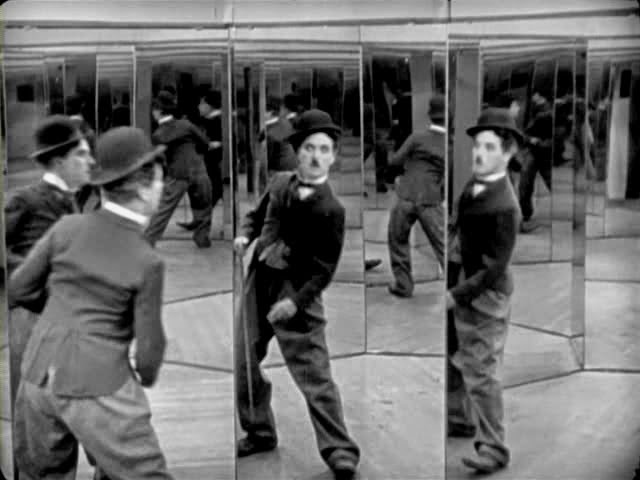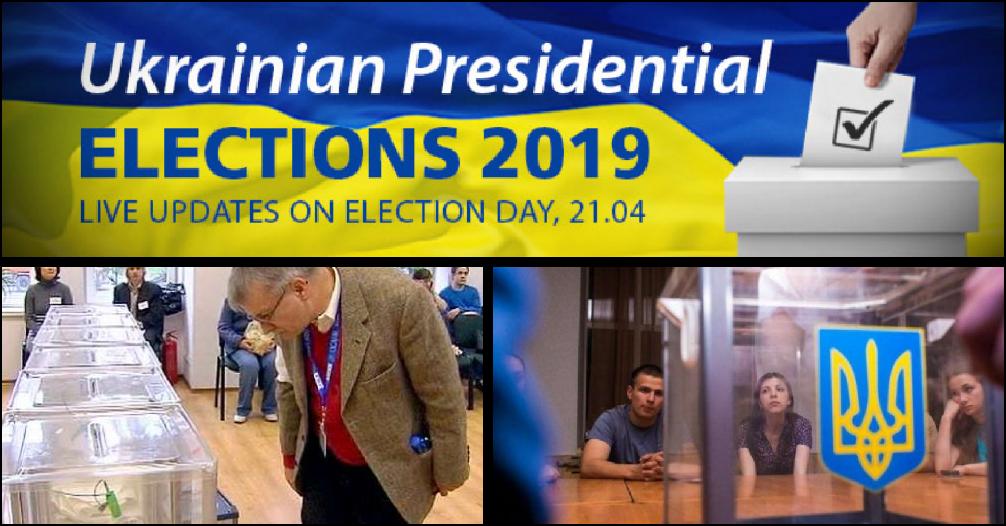The year of presidential and parliamentary elections in Ukraine is approaching. Aside from intense political fights, local scandal campaigns and the rise of populism, the country prepares to face another threat - Russia’s attempts to interfere in the process.
“The way how Russia operates is not to get one specific candidate elected. They try to spread their support around, but the larger goal is destabilization. They want to prevent Ukraine from being a stable democracy. And they are going to use many means to achieve that, including electoral destabilization,” told Brian Whitmore, senior fellow & director of the Russia program at the Center for European Policy Analysis to Euromaidan Press during the Tiger Conference organized by KyivPost.We also spoke to Hanna Hopko, MP and the head of the Committee on foreign affairs of the Verkhovna Rada of Ukraine at the conference to figure out which means exactly Russia can use.
“Russia has lots of levers of influence for chaotization and destabilization of the situation in Ukraine. Starting from the situation in Donbas, which is totally controlled by Moscow and where battles can be reinforced at any moment, ending with farther acts of provocations like we saw in the Sea of Azov with some provocations in smaller cities of southern Ukraine as Henichesk [a city in bordering with Crimea Kherson oblast - ed]. They [Russians] rely on representatives of the local mafia which is involved in drug trafficking there. Mykolayiv, Odesa, and Kherson oblasts continue to trade with occupied Crimea. And among the goods, there are also drugs. The local mafia is in conjunction with law enforcement. Martial law should have cleaned off all these people,” says the MP.Apart from security destabilization, another Russian weapon is disinformation.
“Now already many Russian experts work on the territory of Ukraine to escalate the situation and to sow hate,” confirms Hopko.Cyber attacks on the critical infrastructure poses another threat in terms of elections.
“We lived through the attack of the Petya virus, which hit the banking system. Now the attack can target the energy sector and the Central Election Commission system. We are working on prevention of intervention into its work,” Hopko continues.Read also: Ukrainian banks, enterprises, media and energy companies under powerful cyber attack, including Chornobyl NPP – LiveUpdates Last but not least, the pro-Kremlin media in Ukraine are also a Russian weapon. “They act in Ukraine in the same way Russian tanks act on the occupied territories. They just shoot at people’s brains by saying that Ukraine needs to have non-aligned status, that Ukraine had to be friends with Russia and now we have this five-year war and we received nothing, that the EU Association Agreement, free trade zone with the EU and Canada, Tomos do not mean anything, we all are poor. These messages are directed at the pro-Russian audience of the Opposition Bloc [successor of Party of Regions of the runaway president Viktor Yanukovych,” says Hopko and concludes that among Russia’s plans there is a goal to lead out Yuriy Boyko, the main pro-Russian candidate which is predicted to make it to the second round of the presidential elections. Answering whether Yuliya Tymoshenko should be considered a pro-Russian candidate, the MP suggested to look at Tymoshenko’s past actions and statements, hinting that they say rather yes than no. “And it’s important how the candidates which are not associated with the Kremlin would act. Whether they will be able to unite and go to the elections as 20 separate candidates. Everything is planned in Russia. They have people who are responsible for different directions of destabilization in Ukraine - subversive actions, disinformation and others. In particular, there are Sergey Naryshkin (Director of the Foreign Intelligence Service Incumbent), Nikolai Patrushev (Secretary of the Foreign Intelligence Service Incumbent), Anton Vaino (Chief of Staff of the Presidential Administration). The question is whether Ukraine works on countering each direction, understanding the potential threats. And we should not only defend ourselves all the time but think how we can communicate with Russians who are fighting there for dignity and their rights,” says the MP. Hopko gives an example of possible steps for this. Recently, a roundtable about the violation of rights of indigenous people of Russia took place in Ukrainian Parliament. Its participants called on the Ukrainian government, representatives of Ukraine in international organizations and interparliamentary assemblies to raise this question for the international community. Whitmore is also confident that the future of Russians now depends on Ukraine and that building strong democracy in Ukraine is the best answer to Russia’s propaganda messages. “Their narrative from the very start has been that Ukraine is a failed state and that Ukraine is not capable to govern its own affairs, it is a corrupt state.The good news is that it’s in your hands to not fall into these narratives but to make Ukraine successful and non-corrupt. Russia wants to have this argument about whether their corrupt autocratic kleptocratic system is superior to our liberal western system. They are trying to create this narrative that liberal democracy is unstable. We have to prove them wrong. I know they are wrong. Not just here in Ukraine. In the west as well. In my speech, I said that we are all Ukrainians in this fight right now. It is not just your sovereignty that has been attacked. It’s our sovereignty as well. And I think we in the West need to wake up to that,” said Whitmore.





